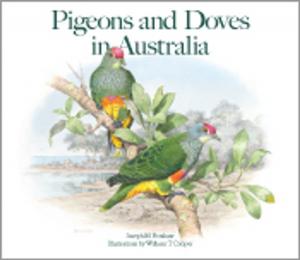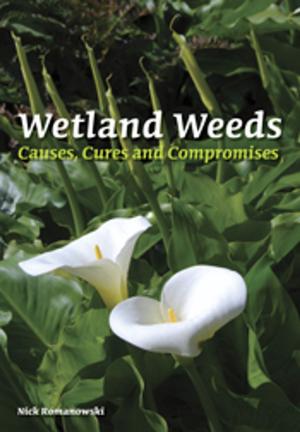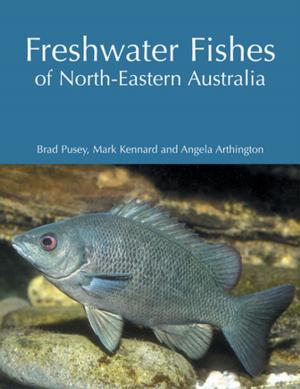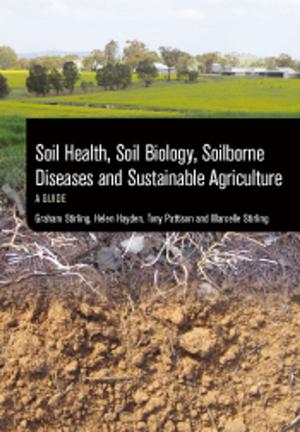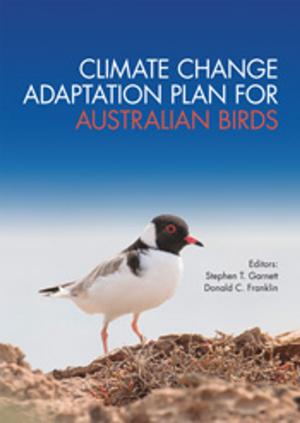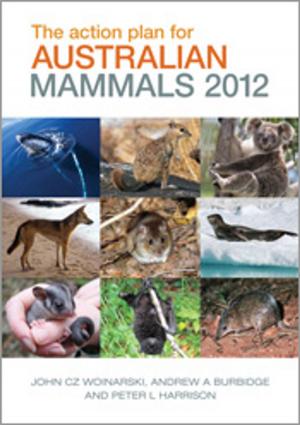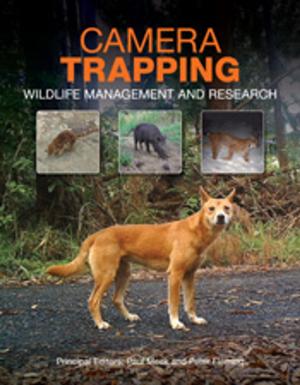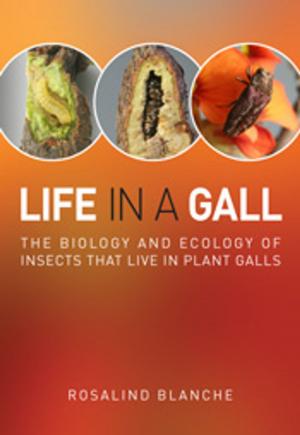Australia's Role in Feeding the World
The Future of Australian Agriculture
Nonfiction, Science & Nature, Technology, Science, Business & Finance| Author: | ISBN: | 9781486305919 | |
| Publisher: | CSIRO PUBLISHING | Publication: | August 1, 2016 |
| Imprint: | CSIRO PUBLISHING | Language: | English |
| Author: | |
| ISBN: | 9781486305919 |
| Publisher: | CSIRO PUBLISHING |
| Publication: | August 1, 2016 |
| Imprint: | CSIRO PUBLISHING |
| Language: | English |
Earth's human population currently exceeds 7 billion, and by the year 2050 our planet will have at least two billion more mouths to feed. When faced with providing food for so many people, the idea is often advanced that Australia will become the 'food bowl' of Asia. Australia currently grows enough food to feed about three times its population and agricultural exports are important to our economy; however, Australia's role in feeding the world needs careful consideration. This highly topical book draws together the latest intelligence on the sustainable production and distribution of food and other products from Australian farms. It examines questions that policy-makers, farmers, politicians, agricultural scientists and the general public are asking about the potential productivity of our arable land, the environmental and economic impacts of seeking to increase productivity, and the value of becoming cleaner and greener in our agricultural output. With chapters on the emergence of new markets, consumer trends in China, the biophysical constraints on agricultural expansion, and the various products of Australian agriculture and aquaculture, Australia's Role in Feeding the World provides valuable insight into the future of agriculture in this nation.
Earth's human population currently exceeds 7 billion, and by the year 2050 our planet will have at least two billion more mouths to feed. When faced with providing food for so many people, the idea is often advanced that Australia will become the 'food bowl' of Asia. Australia currently grows enough food to feed about three times its population and agricultural exports are important to our economy; however, Australia's role in feeding the world needs careful consideration. This highly topical book draws together the latest intelligence on the sustainable production and distribution of food and other products from Australian farms. It examines questions that policy-makers, farmers, politicians, agricultural scientists and the general public are asking about the potential productivity of our arable land, the environmental and economic impacts of seeking to increase productivity, and the value of becoming cleaner and greener in our agricultural output. With chapters on the emergence of new markets, consumer trends in China, the biophysical constraints on agricultural expansion, and the various products of Australian agriculture and aquaculture, Australia's Role in Feeding the World provides valuable insight into the future of agriculture in this nation.

